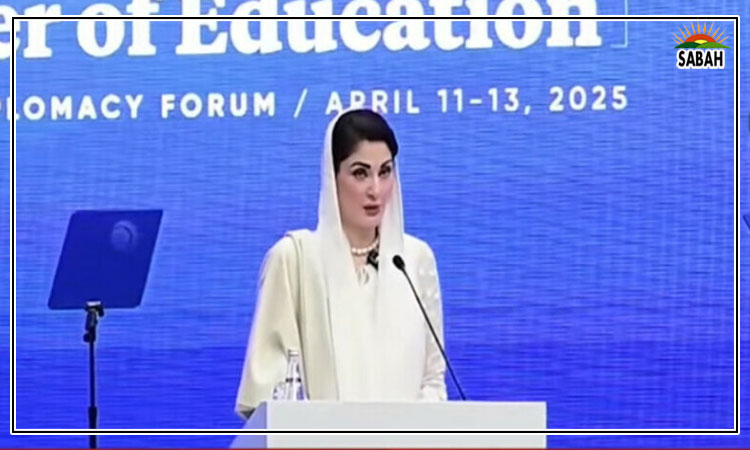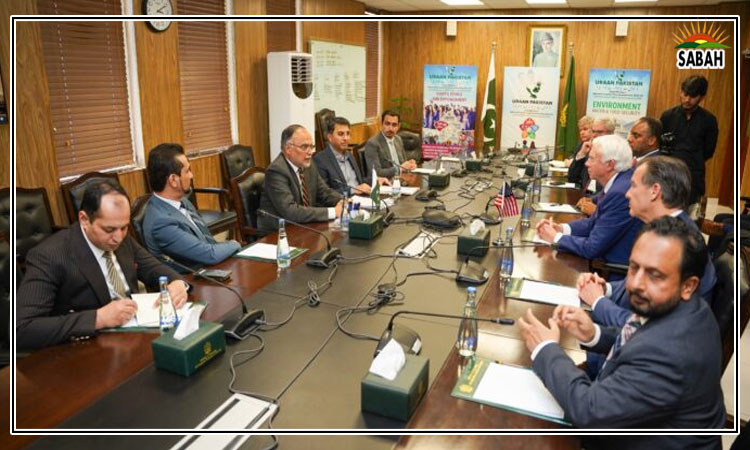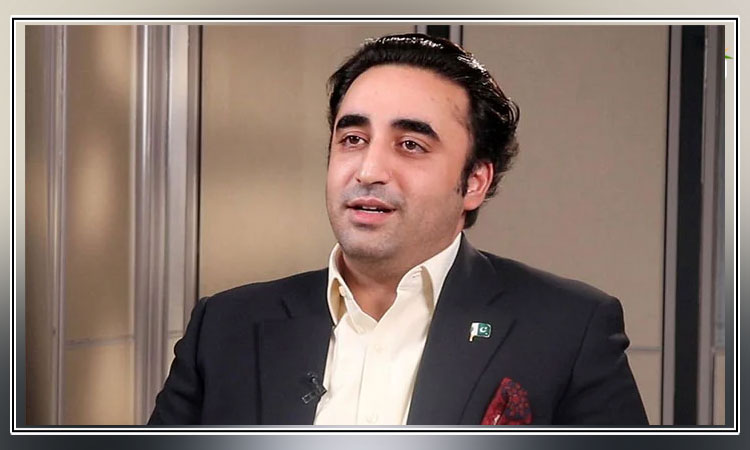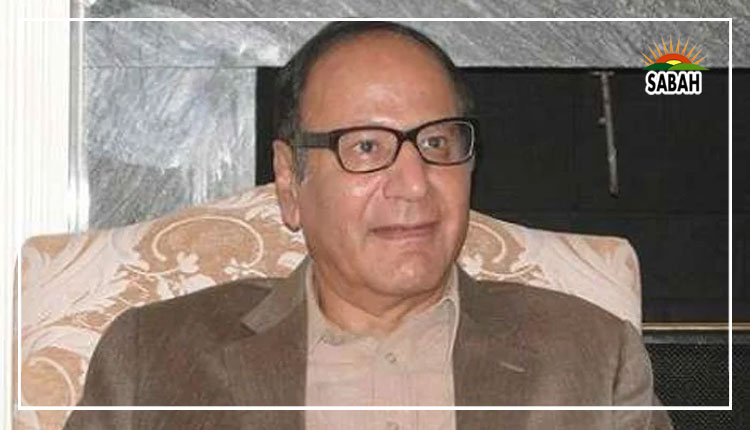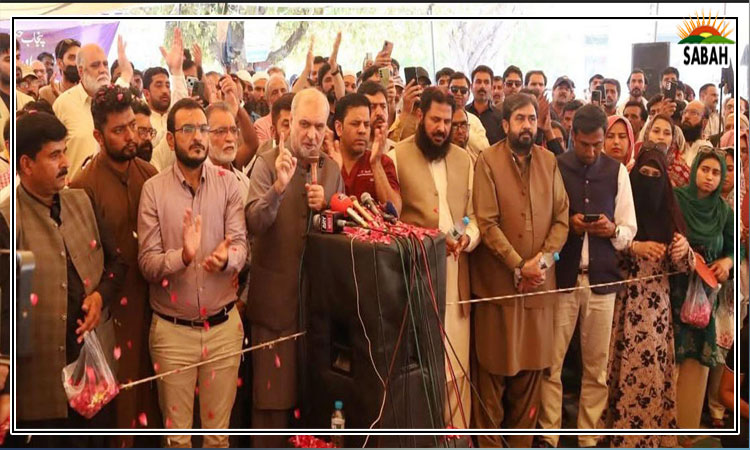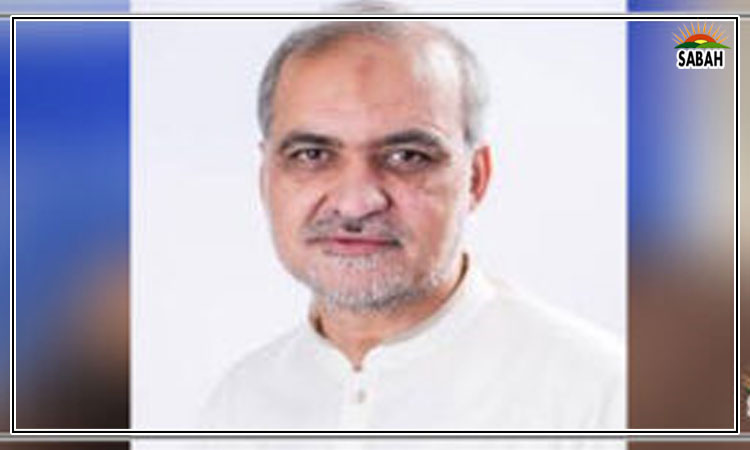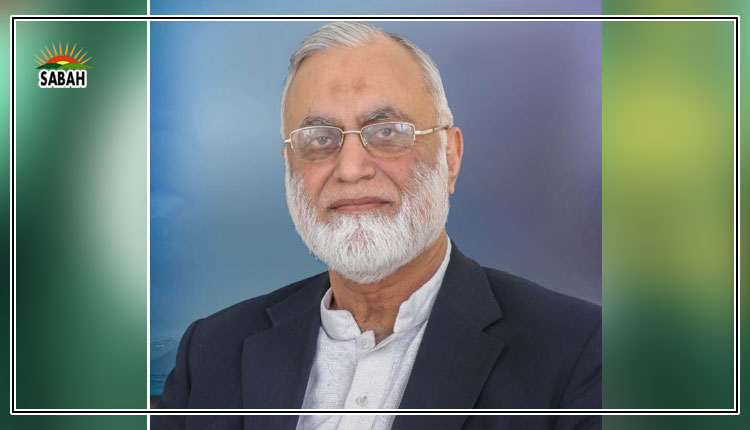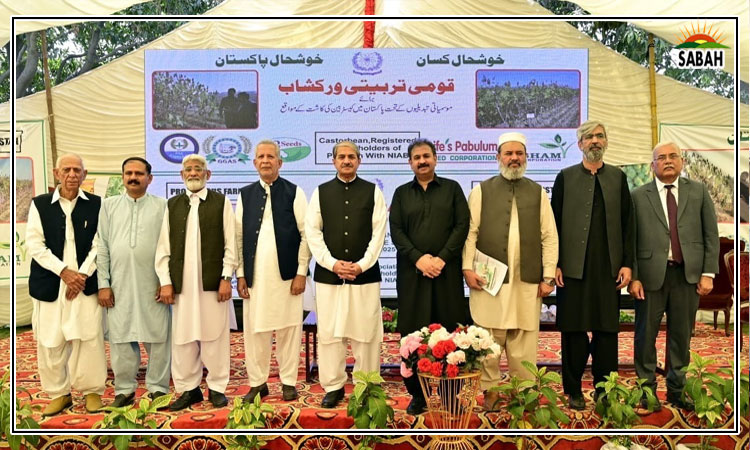Prospects for peace?…Dr Ameena Tanvir Kaira
The Kashmir conundrum is so intensely related to Pakistan-India relations that even a small incident draws the attention of at least one side.
For instance, in December last year, Pakistan condemned the barbaric custodial killing of three Kashmiris in a cordon-and-search operation by Indian forces in Poonch district.
On January 13, India strongly objected to British High Commissioner to Pakistan Jane Marriotts visit to Pakistan-administered Kashmir, commonly known as Azad Jammu and Kashmir (AJ&K), arguing that the trip had infringed on Indias sovereignty and territorial integrity. Last year in October, India had also objected to US Ambassador to Pakistan Donald Blomes visit to Gilgit-Baltistan for similar reasons.
Over 75 years have passed since both Pakistan and India emerged as independent states but the Kashmir issue has prevented both sides from establishing cordial or neighbourly ties. Both have fought three full-scale wars and engaged in innumerable skirmishes, let alone recurrent diplomatic spats.
With both countries not ready to scale down their respective positions on the Kashmir subject especially after Indias unilateral move of scrapping Kashmirs autonomous status in 2019 and Pakistans persistent demand to restore Kashmir to the pre-August 2019 status it is, therefore, highly unlikely that either side will kneel down anytime soon.
In an ideal scenario even if the Kashmir question is put off, only temporarily, it would be naive to imagine that both countries will have a major breakthrough this year.
Pakistan and India are heading towards general elections with the latters heavy reliance on an anti-Pakistan narrative. The ruling BJP, ostensibly to woo Hindu majority voters, influence public opinion and potentially impact voter decisions, is already spreading misleading images and fabricated stories based on anti-Pakistan rhetoric.
Indias former high commissioner to Pakistan Ajay Bisaria also sparked controversy with unsubstantiated claims in his books. Although his retelling of what transpired after the Pulwama attack was quickly debunked by Pakistan, his book has provided enough ammunition to hardcore BJP leaders to manoeuvre it during election campaigns.
Pakistans political parties, on the contrary, have hinted at balancing and stabilizing relations with neighbours, especially with India in their respective manifestos.
The post-election scenario is not going to be different at all. A newly elected Pakistan government is likely to grapple with unprecedented economic challenges such as rampant inflation and depleting foreign reserves coupled with stubborn IMF conditionalities.
The new entrants will also have the daunting challenge of reinstating peoples confidence in state institutions. India, being well-placed on the economic front, is expected to focus on resetting its tainted international image of being a surrogate state going after its alleged enemies on other countries soil. Regionally, India would prioritize abridging differences with China with whom it has trillions of dollars in annual trade and to excel the Look East policy. Pakistan wouldnt matter in Indias economic impetus as the balance of trade already overwhelmingly favours India.
If any diplomatic efforts, overt or covert, were in place to normalize relations, they were taken aback when Pakistan, in an unprecedented yet a resounding manner, accused Indias intelligence agencies of carrying out the extrajudicial killing of its citizens inside Pakistan.
Foreign Secretary Muhammad Syrus Sajjad says that these were murder-for-hire cases and involved a sophisticated international setup spread over multiple jurisdictions. India has vehemently rejected these allegations, calling them anti-India propaganda. But similar allegations regarding the Indian governments alleged involvement in eliminating targets in other countries were also made by the US and Canada last year.
The absence of a backdoor diplomatic push, limited people-to-people contacts, squeezed cultural engagements and dried-up bilateral sporting events are pushing the two nuclear-armed sides to a point of no return. Hate is replacing hope; Indian filmmakers persistent projection of Pakistan as a forever enemy is further widening the rift.
With all the negative indicators in place, peace seems elusive. Yet, the two regional giants have some untapped areas where a joint effort could be a decent starter, such as climate change. Both states are extensively dependent upon the Indus Basin for everyday life and socioeconomic sustainability. However, at the same time, they are grappling with acute water shortages, repeated flash floods, food insecurity and energy deficits.
Political vulnerabilities may not allow governments in Islamabad and New Delhi to initiate dialogue in 2024, but mutual efforts to combat the climate crisis could be feasible baby steps towards normalizing relationships.
Courtesy The News



